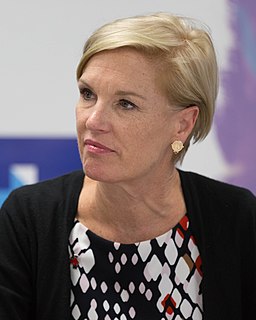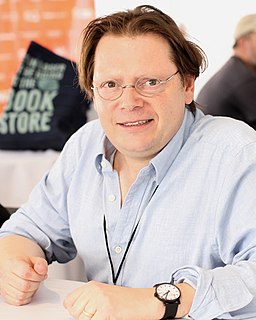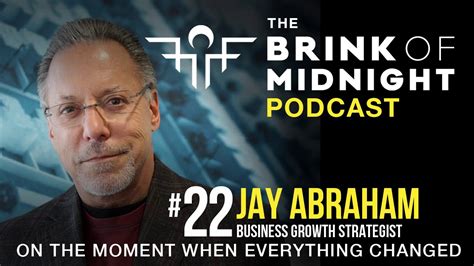A Quote by Neal A. Maxwell
Ironically, as some people become harder, they use softer words to describe dark deeds. This, too, is part of being sedated by secularism. Needless abortion, for instance, is a "reproductive health procedure, . . ." "Illegitimacy" gives way to the wholly sanitized words "non-marital birth" or "alternative parenting."
Related Quotes
At Planned Parenthood, we see the impact of abortion stigma firsthand, in the women who delay getting reproductive health care because they fear they’ll be labeled and judged. We see the effect of stigma on doctors, health center staffers, and others who help provide abortion services. And we see the impact in laws that regulate and restrict abortion in ways that would never happen with any other medical procedure.
One accurate way to describe abortion is subtle infanticide. That is: child-killing done in a way that the people don't recognize it as child-killing. That reality is why the word abortion exists. Some words are created to cloak reality the same way procedures are created to cloak reality. "Abortion" is cloaked child-killing
I think sometimes we can use spirituality as a vehicle to go closer to the things that frighten us and sometimes we can use it as a shield. I'm guilty of it too. I think spiritual words can do one or the other. Because when I hear people say, in a religion setting, 'Glory,' 'Praise the Lord,' 'Hallelujah,' but it doesn't mean anything, those are actually words that distance us from God, ironically enough.
There are some people that aren't into all the words. There are some people who would have you not use certain words. Yeah, there are 400,000 words in the English language, and there are seven of them that you can't say on television. What a ratio that is. 399,993 to seven. They must really be bad. They'd have to be outrageous, to be separated from a group that large. All of you over here, you seven. Bad words. That's what they told us they were, remember? 'That's a bad word.' You know bad words. Bad thoughts. Bad intentions.
I have used the words and expressions which my experiences from Minsk to Kharkov to the Don suggested to me. But I should have reserved those words and expressions for what came later, even though they are not strong enough. It is a mistake to use intense words without carefully weighing and measuring them, or they will have already been used when one needs them later. It's a mistake, for instance, to used the word frightful to describe a few broken up companions mixed into the ground: but it's a mistake that might be forgiven.
Make your copy straightforward to read, understand and use. Use easy words; those that are used for everyday speech. Use phrases that are not too imprecise and very understandable. Do not be too stuffy; remove pompous words and substitute them with plain words. Minimize complicated gimmicks and constructions. If you can't give the data directly and briefly, you must consider writing the copy again.
Other people’s words are so important. And then without warning they stop being important, along with all those words of yours that their words prompted you to write. Much of the excitement of a new novel lies in the repudiation of the one written before. Other people’s words are the bridge you use to cross from where you were to wherever you’re going.
As parents, we can do a great deal to further this goal by helping our children develop alternative ways of knowing the world verbally/analytically and visually/spatially. During the crucial early years, parents can help to shape a child's life in such a way that words do not completely mask other kinds of reality. My most urgent suggestions to parents are concerned with the use of words, or rather, not using words.




































